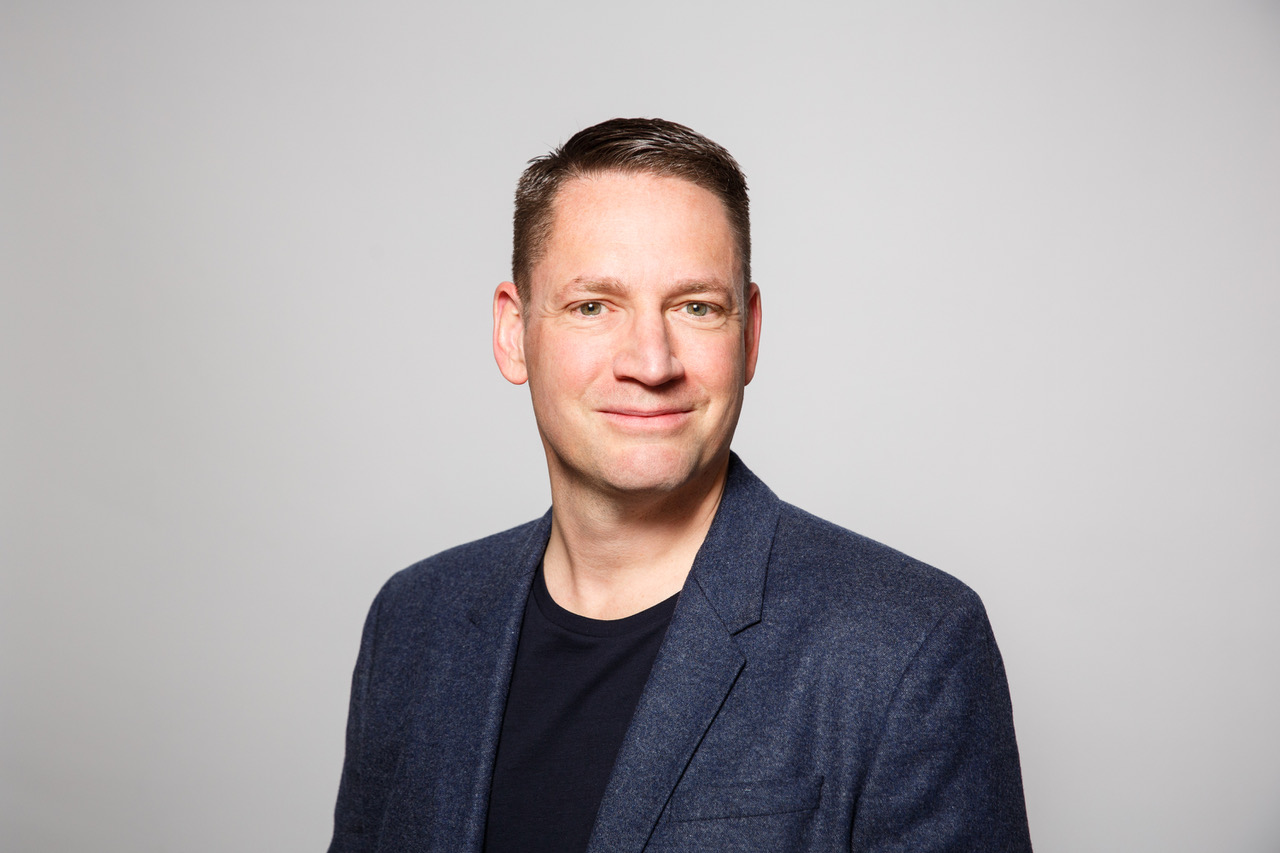1. Please tell us a bit about yourself, both at work and leisure.
I am Til Klein, founder of Berlin-based retirement saving start-up Vantik (www.vantik.com). Before I became an entrepreneur I was a partner at BCG and a banker with UBS. After 15 years working for traditional banks, I was frustrated by their inability to create really customer centric experiences. I felt like real innovation could not come from within the traditional banking industry. This was the birth of Vantik.
When I’m not working from my home office due to a pandemic, I commute between Berlin and Zurich. I love to spend my free time with my partner, my friends and my dog. Since we have just built a new house, there is always a lot to do in the house and garden.
2. Which services do you offer and who are your competitors?
At Vantik, we help you to create sustainable retirement saving habits. What Freeletics is for sports or Babbel is for language learning, Vantik is for retirement savings. By removing all friction we make it super easy to start saving for your future. Once you are started we motivate you to continue savings by creating a gamified user experience.
Currently, space is still dominated by the big life insurance companies. While there are some new entrants digitising existing products, there are only very little who really address the behavioral part of retirement savings. Among them U.S. based Acorns or the Dutch copy of it called Peaks. However, the biggest competitor of all is “not saving for your retirement”. Many people, especially from younger generations have not started saving yet, as the traditional offers in the market do not fit with their lifestyle. Offering these people the opportunity to start saving after their own rules is our main motivation.
3. How did you get your startup idea and how did you go about launching it?
One of the biggest unsolved issues in banking today is retirement savings. Today’s products are way too complex, inflexible and not attractive at all – they just don’t fit the lifestyle of the majority of young people today. I am convinced that this can be solved by new digital technology and an entirely different approach to the topic. Instead of forcing people into long-term contracts I believe it is important to offer people the flexibility to make their own decisions. In the end, they will know what is best for them.
Having worked for traditional players for more than 15 years, I don’t see the much needed change in paradigm that is needed. This is why I founded Vantik.
From Idea to launch it took a while to hire the team, get the licences (this is Germany after all), set up the financial product and code the digital product. It took a while to set up, but the success proves us right. Our product is well received by our customers and since the launch in February 2019 Vantik is growing double digit.
4. How did you finance your startup, and what learnings would you like to share from the fund-raising journey?
We have raised over 4 Million in two funding rounds. We are backed by early stage funds such as Atlantic Labs, STS Ventures and Seedcamp, as well as notable Angel investors such as the co-founder of N26. As a first time founder I learned a lot about funding. One of the key take-aways for me: Don’t waste your time trying to convince an investor that does not believe in your idea. If it doesn’t click at the first date, you don’t need a second one.
5. What areas within FinTech do you personally find most interesting and why?
Many FinTech focus on digitising existing products and services only. This might improve the customer experience, which is good, but does not solve a real problem. There are only a few areas in FinTech that solve a real pain point.
Retirement savings is such a pain point: Old age poverty is a big challenge across Europe and the real pension income will decrease even further in the future due to the changing demographics.
From a business perspective it is a huge and growing market, with over 2 trillion Euro assets under management. With the single European Market for private pension starting in 2021 completely new opportunities emerge.
Furthermore the customer experience is completely broken. Complex, paper-based and inflexible products no longer match the requirement of new work and increasing share of non-linear work biographies. By opportunity size and customer need, pension is by far the hottest area in FinTech.
6. What opportunities do you see for FinTech startups in Europe, and how can we help?
While consumer products such as Apple, Amazon, Netflix are highly globalised, the banking market is still very local. Creating global or at least European brands in banking is a big opportunity. Where is the Amazon or Apple of banking? For this it is necessary that we think about the key questions on a bigger European rather than local level. Therefore facilitating the exchange across markets is definitely beneficial.
7. What tip would you like to give FinTech entrepreneurs?
Don’t strive to become a better bank, strive to create a better consumer experience. This includes questioning existing paradigms. For good reasons financial services are highly regulated. But not all regulations are in the best interest of the customer. A mandatory documentation for investment products with hundreds of pages doesn’t help retail customers. On the contrary, it protects banks from customers’ liability claims and new entrants into the market. In that case, more information definitely does not lead to more transparency.

